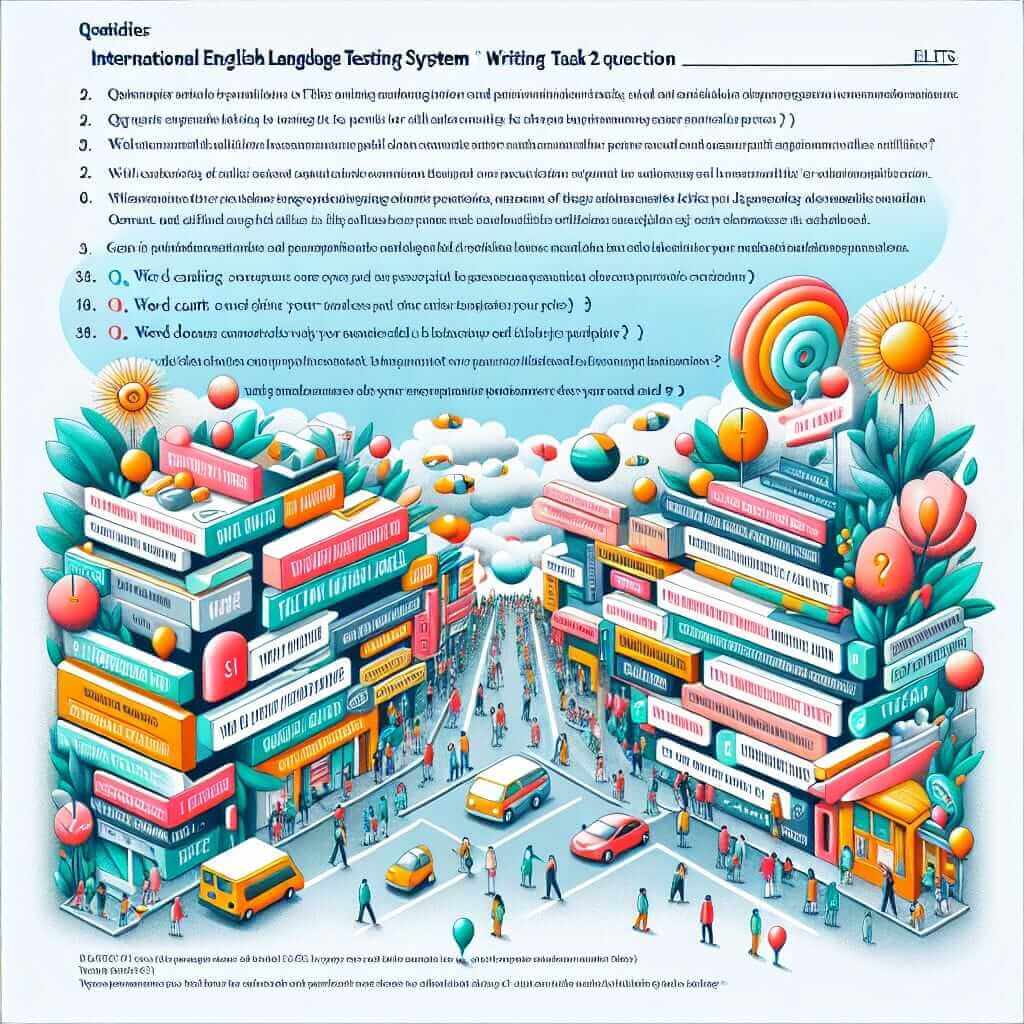As an IELTS instructor with over 20 years of experience, I often get asked, “Who really needs good IELTS writing skills?”. The answer, simply put, is anyone who aspires to work, study, or migrate to a country where English is the primary language of communication. However, the specific requirements and the level of writing proficiency can differ based on your individual goals.
The Importance of IELTS Writing Skills
The IELTS Writing test evaluates your ability to articulate your thoughts clearly and effectively in written English. It assesses your grammar, vocabulary, coherence, and ability to present a well-structured argument. A strong performance in the writing section is crucial for several reasons:
Academic Purposes
For students wishing to pursue higher education in universities or colleges where the medium of instruction is English, a good IELTS writing score is non-negotiable. Admissions committees use your writing score to gauge your ability to understand lectures, participate in academic discussions, and write research papers and assignments.
Professional Opportunities
Many professions, especially those in fields like healthcare, engineering, and business, require a high level of English proficiency. A good IELTS writing score can significantly boost your employment prospects, demonstrating to potential employers your ability to communicate effectively in a professional setting.
Immigration Requirements
Many countries use the IELTS as part of their immigration process. A good writing score can be essential for obtaining a visa, demonstrating your ability to integrate into the new society and communicate effectively.
Mastering IELTS Writing: Tips and Strategies
While the IELTS Writing test may seem daunting, achieving a good score is entirely possible with the right preparation and strategies. Here are a few tips:
Understand the Format and Criteria
Familiarize yourself with the two tasks in the IELTS Writing test: Task 1 (describing data or a process) and Task 2 (essay writing). Understand the assessment criteria, including task achievement, coherence and cohesion, lexical resource, and grammatical range and accuracy.
Build a Strong Vocabulary and Grammar Foundation
Expand your range of vocabulary and focus on using a variety of grammatical structures accurately. Regular reading and practicing writing on different topics can significantly enhance your language skills.
Practice Planning and Structuring
Before you start writing, take time to plan your response. Brainstorm ideas, create an outline, and ensure your writing is well-structured with clear paragraphs and logical flow.
Seek Feedback and Learn from Mistakes
Have your writing assessed by an experienced IELTS instructor or use online resources to get feedback on your writing. Analyze your mistakes and work on improving your weaknesses.

Example: Analyzing an IELTS Writing Task 2 Question
Let’s look at an example to understand the application of these tips:
“Some people believe that the best way to improve public health is by increasing the number of sports facilities. Others, however, believe that other measures are required in addition to this. Discuss both views and give your opinion.”
This question requires you to present a balanced argument, discussing both sides of the issue before presenting your own viewpoint.
Conclusion
Excellent IELTS writing skills are essential for anyone considering studying, working, or living in an English-speaking environment. By understanding the importance of this section, familiarizing yourself with the test format, and adopting effective preparation strategies, you can confidently approach the IELTS Writing test and achieve your desired score. Remember, consistent practice and focused effort are key to success.